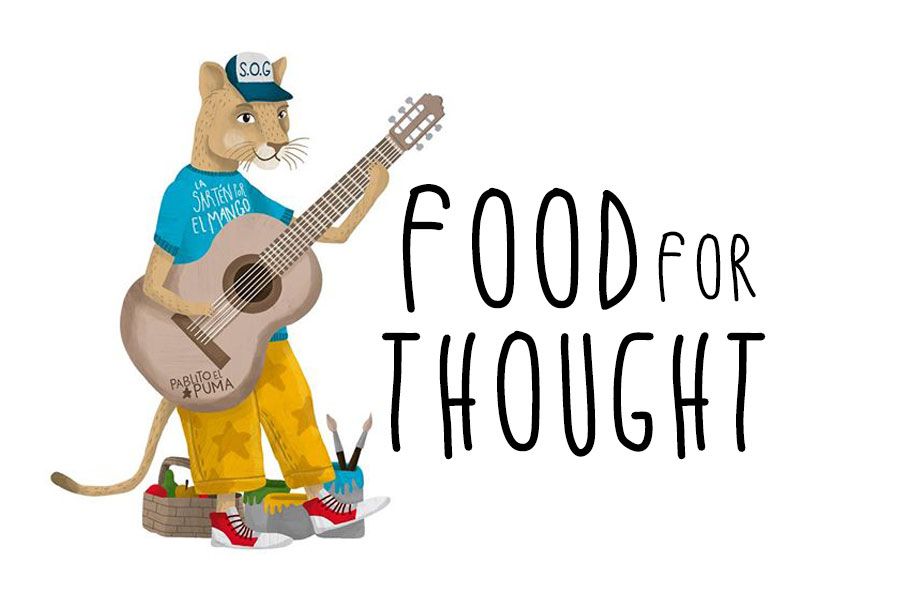I believe that the most important personal asset that anybody can share, or that has any relevance today, is their perspective. Every person on this planet has a point of view that is like no other. So, sticking with the theme of this 30-day blog yes, it is true that “we know nothing”, but each and every one of us has a truly unique and valuable lens through which to see the world. Our dense and dynamic cultural layers are made up of millions of these shared individual perspectives.
I enjoy learning of other peoples’ perspectives that are shaped and molded through their individual experiences with the world. I like that each of our unique positions from where we see the world has relevance to someone out there looking for a different lens through which to look. I don’t believe that anything is original. All of our ideas are just a mixture of threads stolen from other individuals creating their own personal stories. That is what makes the world so interesting to me. The fact that each of us is part of one great big tapestry created by the lives and experiences of everyone on the planet!
To me, one such person who has an interesting perspective is the American psychiatrist Bruce Perry. He has a tonne of experience in dealing with cases of childhood trauma (40 years). I mentioned a few of his ideas on what is a therapeutic environment for children in day 2 blog. He talks about the capacity and approach to healing childhood trauma by what he names the Six R’s:
- Relational(safe)
- Relevant(developmentally-matched to the individual)
- Repetitive(patterned)
- Rewarding(pleasurable)
- Rhythmic(resonant with neural patterns)
- Respectful(of the child, family, and culture)
If we investigate how the brain develops, we can understand how easy it is to build a false view of the world based on our experiences as young people. When the brain is developing it records memories of traumatic experiences. If the environment within which we are growing up is not a healthy one, then a certain state of alert can be our default setting because we perceive a dangerous and/or threatening world. Being in that state has detrimental consequences to our integral development as healthy humans.
“Children growing up in chaos, neglect, and threat, do not have the fundamental developmental experiences required to express their underlying genetic potential to self-regulate, relate, communicate and think.” (Bruce D Perry)
Now, not all children are growing up in such environments, but we all have traits that are hard-wired into our brains that are created from past negative experiences. A therapeutic environment can help us all to gain confidence in ourselves, as active learners and social beings.
Yesterday I mentioned how we learn best from the teachers that we like. That relationship is integral in any learning process. With that in mind here is what that first ‘R’, relational, means to our team working with children and families in Monte Chingolo.
Relationships
With every step that we take, we must concentrate on building, improving, and maintaining healthy connections with all parties involved. With the team, the children, the parents, the community, and the environment!
Relationships are the key to success in life! Children will not learn if they don’t have healthy relationships with those around them in their learning environment! Once there is trust, learning just occurs! If we don’t trust the children or they don’t trust us, we are the obstacle to that child’s learning. The healthy development of a community depends on the solid relationships with and within it. Without trust from the parents or caregivers, work within a community is made infinitely more difficult and not to mention, less enjoyable! We also can’t forget our relationship with the environment. It is the earth where we live, breath and learn. Building a strong relationship with the mother earth is imperative to our existence as humans.
I believe that the relational ‘R’ is the most important. As you can probably see by what I’ve written above. We need it in classrooms, workspaces, communities and even countries. That ‘R’ means that we can share the interesting perspectives of those around us and enrichen our lives by creating new unique threads of personal experience.
